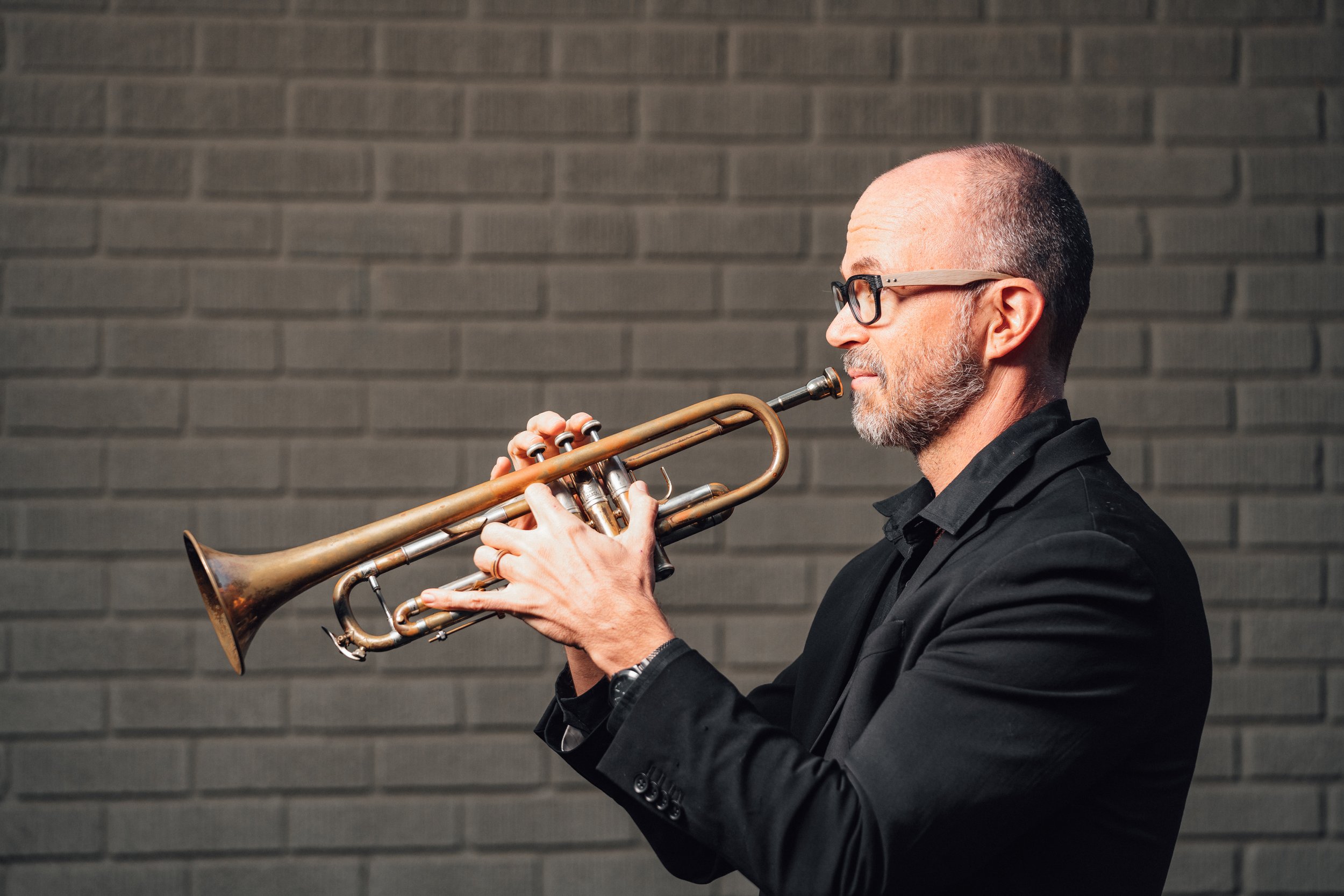



Great practicers don’t necessarily do more stuff in the practice room, but what they do play is mostly beautiful, just as they intend to sound.

There are ways for you to create and refine your routine to help you meet your personal and musical goals. Be curious and notice how small changes in the structure of your routine alter your feelings, your thoughts and your skills. This can make you a happier, more effective practicer!

If you’re a musician looking to practice more effectively, it’s a good idea to spend more time watching experts practice.

During practice, periods of rest are where much of the learning happens. Give your brain just a little time to work its magic and you’ll learn more.

Interleaved practice has been shown in lots of research to be better for skill development. But why?

Better practicers are more motivated to practice...so become a better practicer.

The brain can do its most incredible work when it gets the best information available. During practice, pay really close attention to the sounds you make then think really carefully about how they differ from the sounds you want to make.

Expert practicers (like the inimitable Carolyn Braus) make changes happen in very short periods of time. Do you?
Thanks to @carolynbraus for sharing some of her excellent practice with me!

There's no shortcut to expertise. The fastest way to get really good at something is through really effective practice.

Find that sweet spot for optimal effort, and your learning will improve.

Decisions you make outside the practice room can play a decisive role in determining how much you learn when you do practice.

Instead of practicing to get stronger, let strength be an outcome of better coordination and increased efficiency.

When practicing, you alone have the power to shape the error that occurs.

For any given practice session, it’s a good idea to spend most of it playing music exactly as you intend to.

The goal of practice is not to eradicate errors…but to make better errors.

The quality of your practice is far more interesting and far more important than the quantity of practice time.